Ibero-America and Russia: New Opportunities for Cooperation
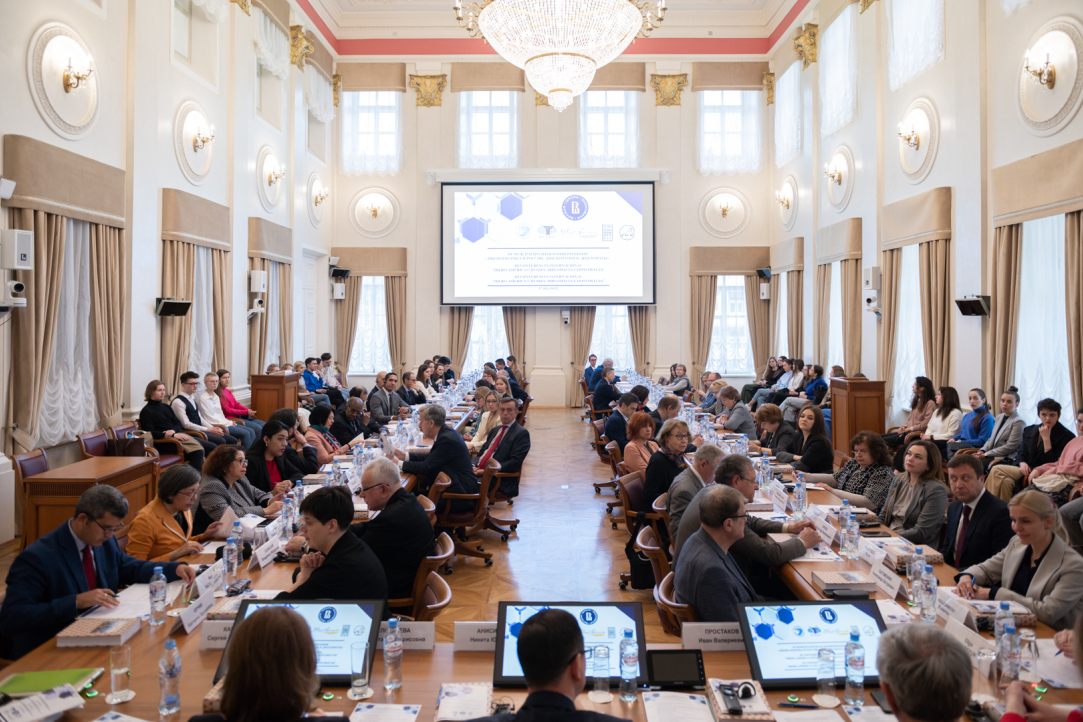
Russia’s relations with Ibero-America go back more than five centuries and include more than 200 years of permanent diplomatic relations. The need to build a multipolar world and expand cooperation between Russia and the countries of Latin America—including in the field of science and education—was discussed at the Third International Ibero-America and Russia: Diplomacy and Diplomats Conference held at HSE University.
The conference brought together representatives of the diplomatic corps of Latin American countries, as well as Russian diplomats who had served as ambassadors to Venezuela, the Dominican Republic, Argentina, Paraguay and Ecuador. More than 50 prominent academics— specialists in Russia’s relations with Latin American countries, Spain and Portugal—also took part in the conference.
HSE Rector Nikita Anisimov welcomed the guests. He noted that interaction with Ibero-American organisations is developing and producing tangible results. He pointed out that researchers and instructors are strengthening academic ties in the social, humanitarian, natural and exact sciences, and that students hailing from almost every country of Ibero-America study in the university’s undergraduate, graduate and postgraduate programmes.
The rector underscored that the event included a youth conference organised by the HSE School of Foreign Languages. In addition to HSE students, young academics from other universities, cities and countries took part in the conference online.
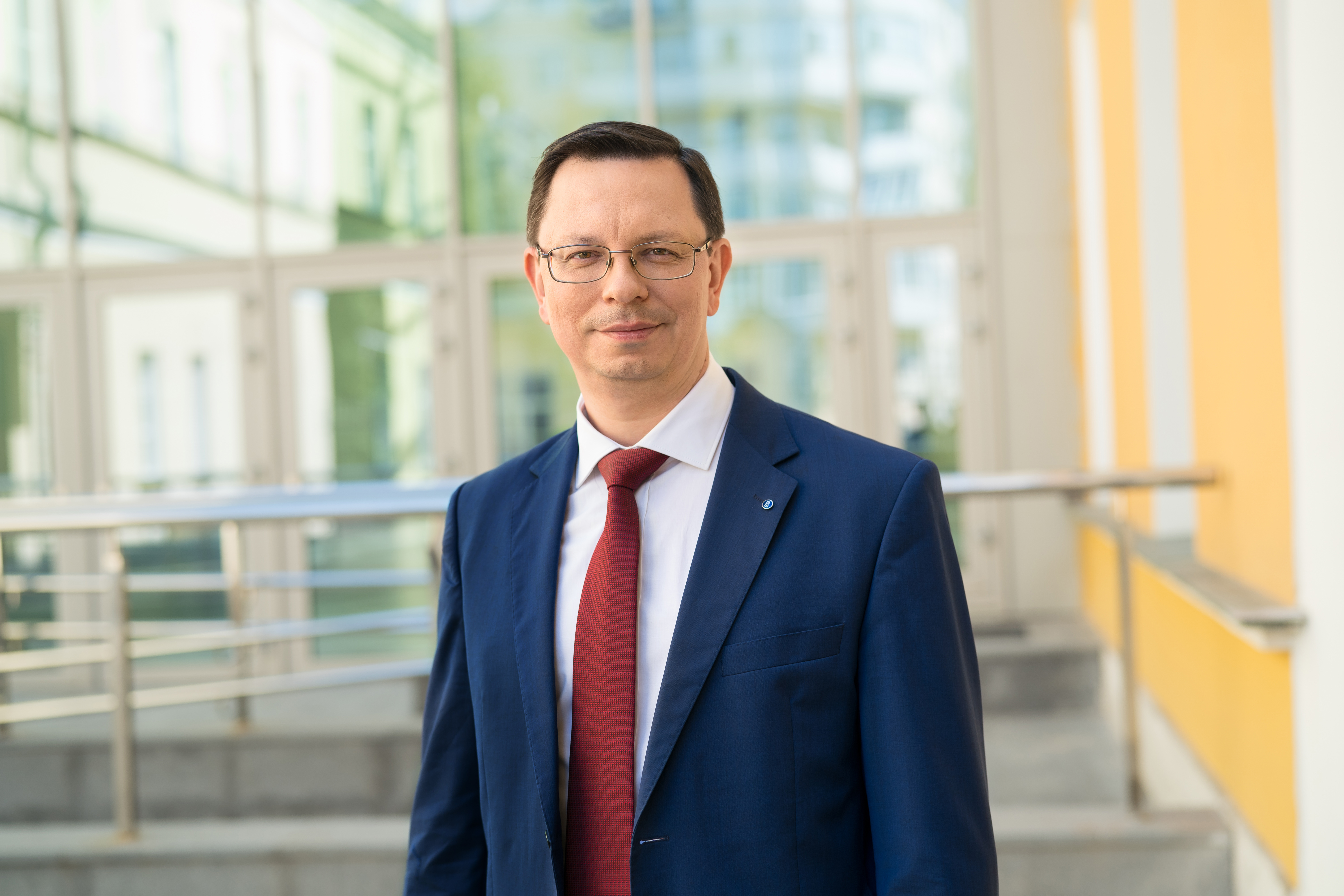
‘The holding of a youth conference testifies to students’ growing interest in Ibero-American countries and embodies the connection between generations’, noted Nikita Anisimov. ‘We hope that today’s young speakers will, in a few years, present the results of their academic research with recognised experts in the field of Ibero-American studies’.
In her welcoming speech, Ambassador Extraordinary and Plenipotentiary of the Plurinational State of Bolivia Maria Luisa Ramos Urzagaste noted that diplomacy is an art that the world needs today more than ever.
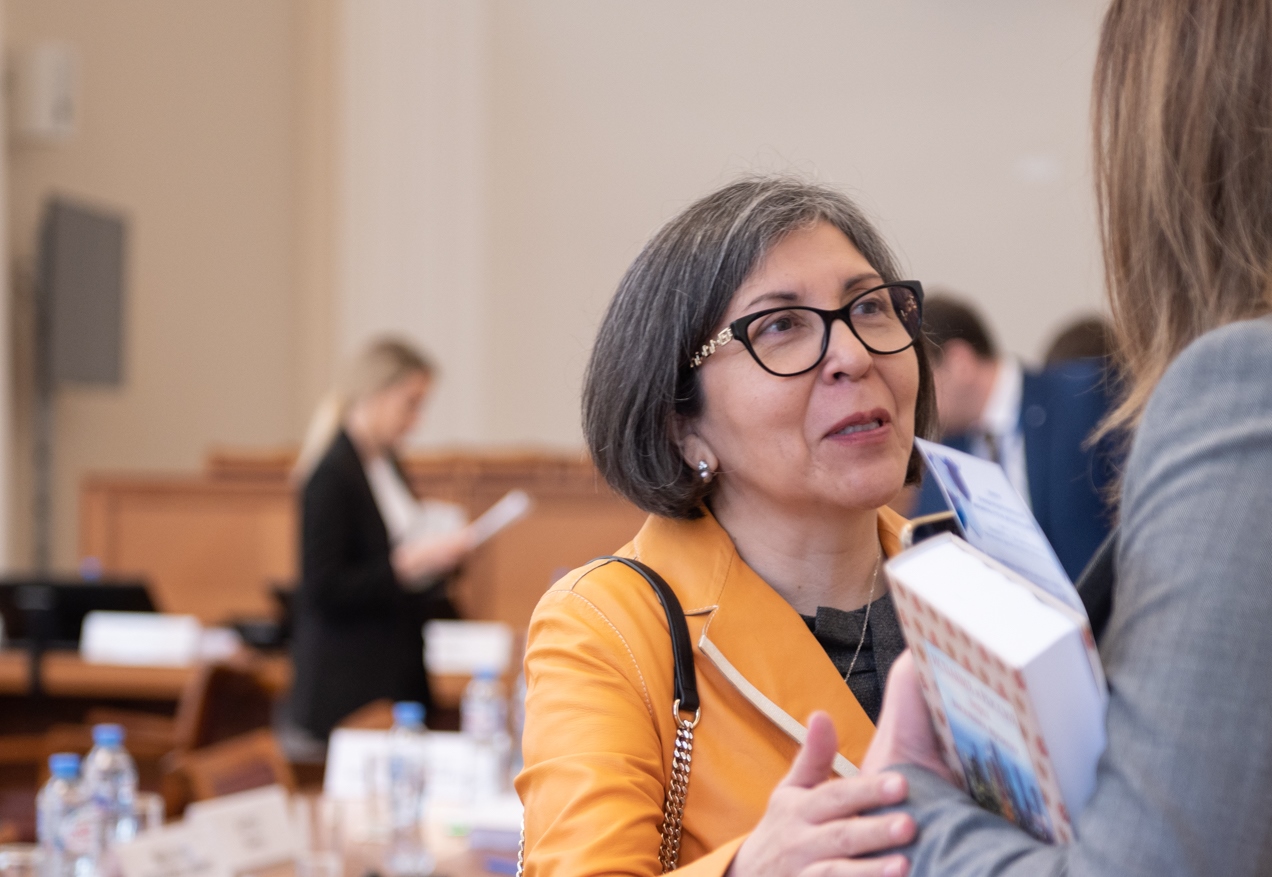
‘We are on the verge of great changes. There is no concrete answer now as to how much the world will change and where we are going. But one thing is clear: we must make every effort to make our planet a place where all countries have the right to freely express themselves, where there are no countries with more rights than others—a multipolar world where there is no exclusivity or superiority of one country over others’, she emphasised.
The government and people of Cuba condemn the aggressive policy pursued by Washington against the Russian Federation, said Deputy Head of Mission of the Republic of Cuba Marcos Laso Viltres.
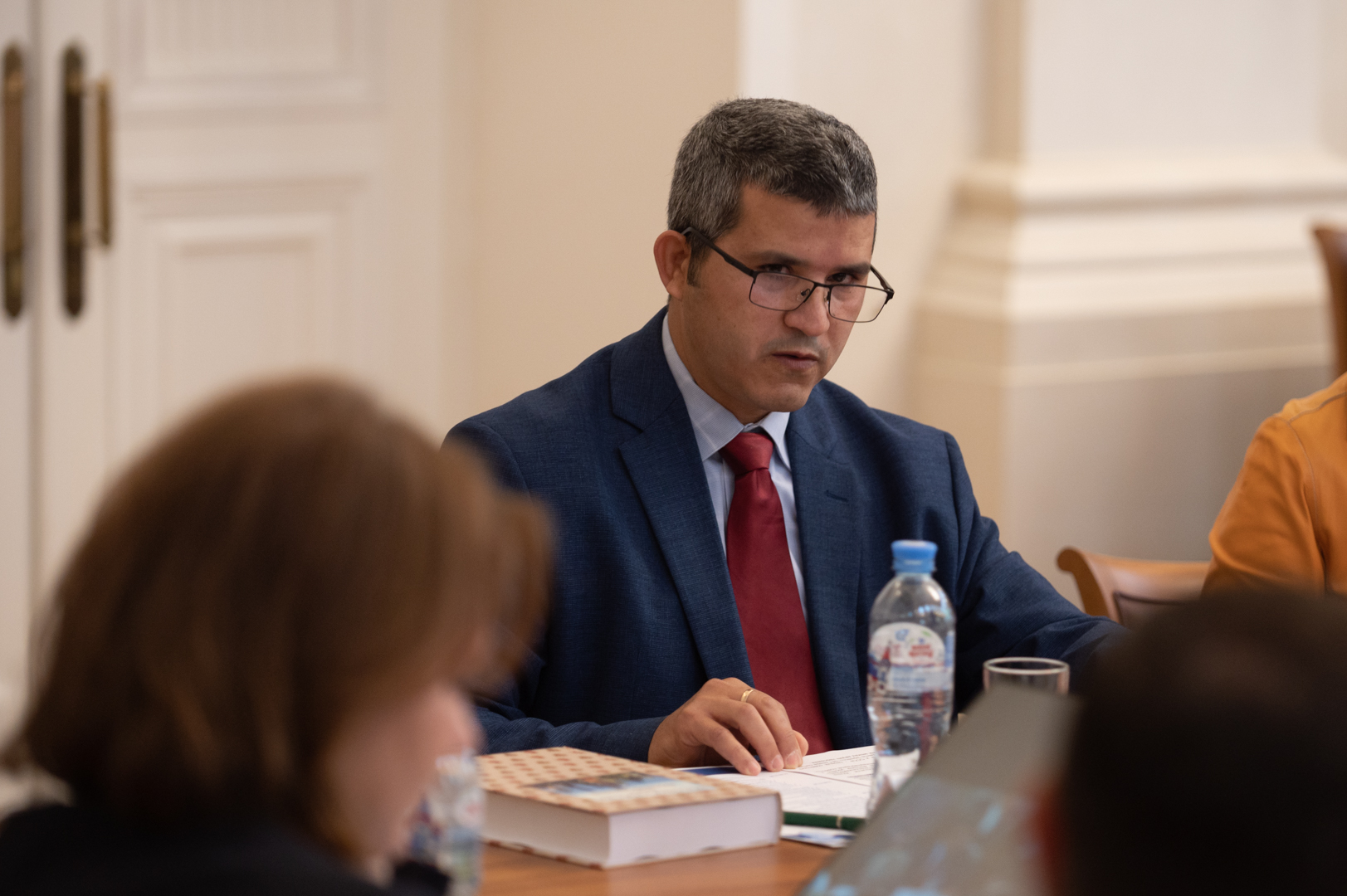
‘Our countries are optimistic about the future and continue to work to fully protect their sovereignty, independence and the right to provide security’, he said.
The conference participants were also greeted by Ambassador Extraordinary and Plenipotentiary of the Republic of Nicaragua to the Russian Federation Alba Azucena Torres and Minister-Counselor of the Embassy of the Eastern Republic of Uruguay Carlos Quiroga Cremelha.
In its activities, Rossotrudnichestvo devotes great attention to the countries of the Latin American region, said Department Deputy Head Pavel Shevtsov. He stressed that both the security system and the system of key interaction in the international arena are now changing.
‘Undoubtedly, the Soviet Union did an enormous amount of groundwork in terms of developing relations between our country and the countries of Latin America, and we are obliged to maintain this level and further develop it’, he said.
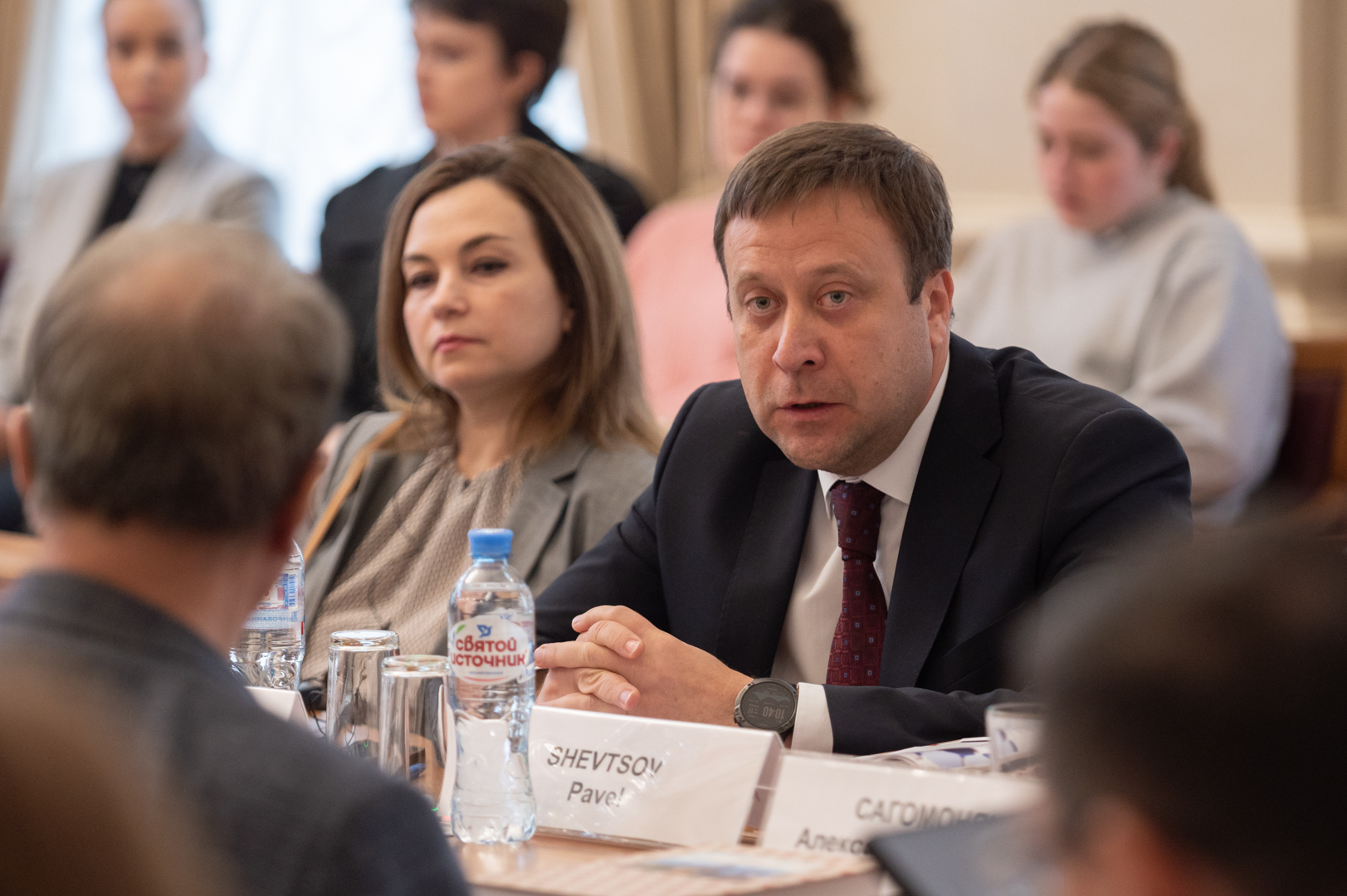
According to Shevtsov, Rossotrudnichestvo has eight centres in the countries of Ibero-America, and this is a good asset in the development of humanitarian relations, including assistance to Russian universities, the youth movement and the development of civil society.
Conference co-organisers and partners also delivered welcoming remarks. Daria Lobanova, Deputy Executive Director and Programme Director of the Gorchakov Foundation for Public Diplomacy, expressed her hope that relations in the scientific field—that were lost due to COVID-19 and the new conditions—will improve over time. Lyudmila Okuneva, co-chair of the MGIMO Ibero-American Centre, noted that the universities have established especially close ties and fruitful cooperation in the field of international relations.
HSE Vice Rector for International Relations Ivan Prostakov noted that the conference is growing and changing, both in terms of the number of participants and the quality and variety of material. He stressed that the dialogue that is being built between foreign and Russian embassies is especially important now.

‘We are striving to expand the geography of our relations with the Ibero-American world. And we hope that the presence at this conference of representatives of nine Latin American countries will help us further expand our ties with this continent and launch even more interesting modern academic projects, including those that go beyond the economy. We are open to developing our dialogue further’, he said.
According to Prostakov, Ibero-American academics already participate in 14 projects at HSE University.
Anastasia Likhacheva, Dean of the HSE Faculty of World Economy and International Affairs is convinced that the most interesting ideas, the most outstanding projects, and the strongest ties are formed during an era of change. In her opinion, working with universities and research centres in Latin America, the university can go beyond traditional regional studies, studying the problems of economics, sustainable development, inequality and the new economic order.
In a dialogue with guests, Sergey Karaganov, Academic Supervisor of the HSE Faculty of World Economy and International Affairs, urged his colleagues to focus on the future world order. ‘We do not yet have a rich dialogue with academics and diplomats in Latin America, but I hope that by next year and even much earlier it will be established. Let’s go only onward and upward, despite the enormous difficulties’, he urged.
According to FEFU Vice Rector Victoria Panova, Russia and the countries of Ibero-America have enormous potential to build discussions and consider new opportunities in economics and diplomacy in education and science. At the same time, it is important to share the best, especially to promote interaction between young people that will strengthen the foundation for the future.
Olga Volosyuk, Head of the School of International Regional Studies, presented the book Spain and Russia Face the Challenges of the Time to the participants. This is the fourth book on relations between the two countries, prepared jointly by Russian and Spanish academics, a collective monograph dedicated to people and events in the history of the 20th and 21st centuries.
The first session of the conference was also devoted to relations between Spain and Russia. During subsequent sessions, the history of the development of diplomatic relations between Russia and the countries of Latin America was examined in detail.
The international conference Ibero-America and Russia is traditionally held by the HSE Faculty of World Economy and International Affairs. Co-organizers also include the HSE School of Foreign Languages, the Moscow State Institute of International Relations (MGIMO) and the Institute of World History of the Russian Academy of Sciences. This year’s conference focuses on the special importance of public diplomacy—in economics, culture, science and education— that transcends state borders and mutually enriches national cultures.
Nikita Anisimov
HSE University Rector
Olga V. Volosyuk
Head, School of International Regional Studies
Sergey A. Karaganov
Academic Supervisor, Faculty of World Economy and International Affairs
Anastasia Likhacheva
Dean, Faculty of World Economy and International Affairs
Ivan Prostakov
HSE University Vice Rector
See also:
‘Latin America Days’ at HSE University-St Petersburg: Introducing Mexican Culture
The HSE building on Kantemirovskaya Street hosted the first meeting of the project 'Mexican Traditions—Why Are Mexicans Always Happy?' Students and professors learnt about national festivals, customs, and traditions in Latin America, as well as opportunities for academic mobility.
Bachelor's Programme in Political Science Opens New Regional Track
Starting from the next academic year, the Bachelor's programme 'Political Science and World Politics' will open a fourth regional track, this time covering the countries of Latin America. Students who choose this track will be able to immerse themselves in the political processes of the region and study a choice of Spanish or Portuguese.
‘Studying Is an Invaluable Opportunity to Learn from Experts and Explore Diverse Perspectives’
Mateo Rojas Samper, from Colombia, is a student of thePolitics. Economics. Philosophy master’s programme at the HSE University Faculty of Social Sciences. Matteo spoke to the HSE News Service about the importance of engaging in both theory and practice in his studies at HSE University, as well as his participation in the Model United Nations and the Russia–Latin America International Parliamentary Conference.


